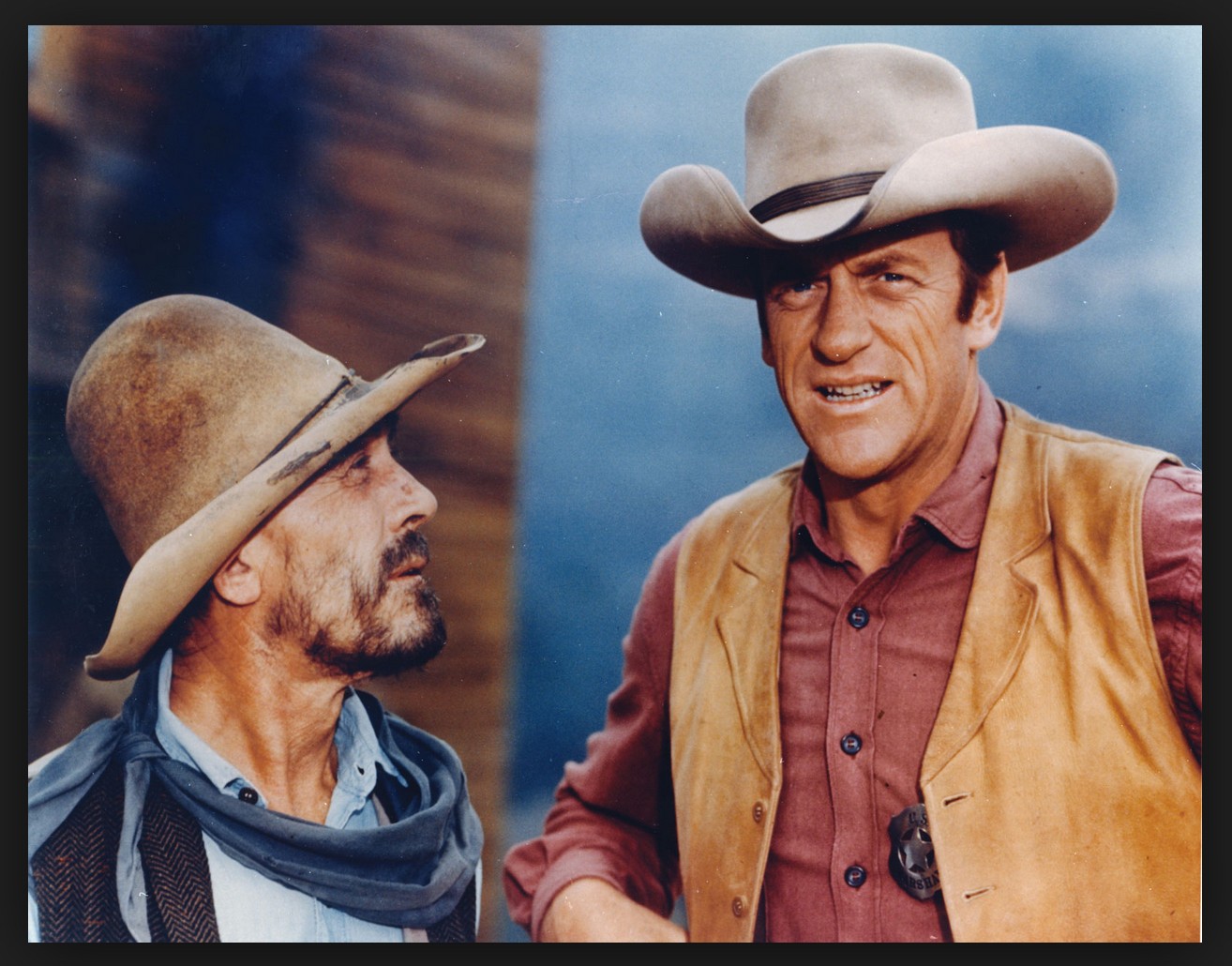
A husky, bearded Jonathan Larson walked into Judge Thomas M. Goethals’ Santa Ana courtroom on June 29 wearing an expressionless face and a black suit with a bulge from the firearm holstered at his right hip. The veteran Orange County Sheriff’s Department (OCSD) deputy arrived to talk under oath not about his current gang assignment, but rather his stint in the department’s controversial Special Handling Unit six years ago, a crucial time in the ongoing jailhouse-informant scandal that’s playing out in People v. Scott Dekraai. During special evidentiary hearings, OCSD personnel have testified under grants of immunity and yet still uttered deceitful testimony echoing Sheriff Sandra Hutchens’ PR spin while contradicting logic and department records.
Larson, however, proved to be the outlier. This deputy, who won accolades for his public service in San Clemente several years ago, didn’t, like so many of his colleagues, try to invoke a 5th Amendment privilege against self-incrimination, demand immunity or cause Goethals to shake his head in disbelief after hearing laughable lies. He simply told the truth, then exited the courthouse, leaving arguably the most devastating gash in Hutchens’ desire to outrun accountability for operating unconstitutional scams that helped prosecutors win tainted convictions against government targets.
The OCSD is far too often a production facility for plausible-deniability lies. For example, despite overwhelming evidence to the contrary, department management has insisted during the four-year scandal that they did not activate jailhouse informants to illegally trick in-custody, pretrial defendants into making confessions in state criminal cases. The forced emergence of long-buried records drove Hutchens’ supervisors to shift their stories from claiming no jailhouse-informant program existed to blaming supposedly “rogue” low-level jail deputies in a paramilitary organization for conducting snitch operations for decades without the permission or knowledge of a single department boss.
On June 14, Lieutenant Catherine Irons, who eludes Hutchens’ control because of her retirement several years ago, became the first to undermine the department’s fiction when she conceded to Dekraai defense attorney Scott Sanders that not only had she been aware that Special Handling Unit deputies used informants to investigate outside cases, but also that department management intentionally withheld the unit’s records from courts.
The sheriff, who has angrily maintained that no deputies committed any intentional wrongdoing, nevertheless placed numerous underlings under Internal Affairs investigations, a move that helped ensure they’d testify to her liking when they appeared before Goethals. She also makes her presence felt by stationing one of her investigators in the direct line of sight of anyone sitting in the witness box. For presently employed OCSD officials who fear their retirement packages could be impacted by demotions if they annoy Hutchens, the moves have worked.
Rather, they had worked until Larson showed up. Unlike his colleagues who feigned severe memory losses or argued the words they’d written in department memos about informant operations were mysteriously inaccurate, he admitted without hesitancy that the Special Handling Unit officers were tasked with developing snitches, employing them against targets and creating informant tanks in particular jail sectors where unwitting pretrial inmates were placed with the government agents.

Having heard nearly a dozen other OCSD managers over the unit claim they knew nothing about snitch use, Sanders asked Larson, who served in the Special Handling Unit for a year, if the people above his rank—sergeants, lieutenants and captains—had been aware of the unit’s activities.
“They all had a general understanding of what we did,” he testified, adding that those same bosses provided input and showed appreciation. “They knew what we were doing.”
Larson also noted that prosecutors in District Attorney Tony Rackauckas’ office understood snitch operations were conducted.
Goethals asked the deputy if he’d been aware at the time that those operations were an illegal trampling of the constitutional right against self-incrimination once a suspect had been charged and had legal representation. He answered no, advising the judge that he’d “assumed” the activities were legitimate because—drum roll, please—they’d been “approved by our sergeants and lieutenants.”
If his bosses had told him to stop employing informants, he says, he would have immediately ceased, but that scenario never happened.
There’s a four-and-a-half-month gap in what is known as the Special Handling Unit’s 2011 log, which contains explosive details of illegal operations against dozens of government targets. Lieutenant Mike McHenry, appointed by the sheriff to a committee designed to help her survive the scandal, testified that perhaps all of the unit’s deputies simultaneously forgot to make entries for the same 130 days or—another drum roll—someone “deleted it” after Goethals ordered the records surrendered in the death penalty case.
Noting that the OCSD is a professional investigative body, Goethals asked McHenry if officials used forensic software in their possession to discover how the gap occurred. Nope, he replied. He hadn’t been ordered by Assistant Sheriff Adam Powell or the sheriff to make such a move, so he didn’t.
But here again, Larson inserted a dose of reality into the alleged mystery. He said he’d made log entries during the period covered by the gap. Sanders asked if he was positive and won assurances from the deputy.
In early June, the Orange County grand jury issued an inadvertently hilarious report that declared OCSD had no jailhouse-informant program. Carrie Carmody, a onetime T.J. Maxx clerk who served as foreperson, delighted Hutchens and Rackauckas by labeling evidence to the contrary “a myth.” Along with four of her cohorts, a continuously smirking Carmody sat briefly in Goethals’ court on June 29, unable to focus on testimony because of the shiny object in her hand: a cellphone with apparently captivating buttons.
Over the objections of Deputy California Attorney General Michael T. Murphy—who decided to back Hutchens’ lies as truthful so he can proceed to put Dekraai on San Quentin State Prison’s death row, the judge asked Larson if he’d shared his evidence with the grand jury.
“Yes,” he replied, an answer Carmody didn’t hear.
Next up on July 5 will be the master of disasters herself, Sheriff Hutchens. Until now, she’s let her employees fib for her in sworn statements. Days after the judge ordered the sheriff’s testimony, she announced she will not seek re-election next year.
Given extensive, remorseless OCSD cheating, Goethals, who placed the penalty phase in Dekraai on hold to reestablish the rule of law, said he wants to know if he can ever trust agency officials to behave ethically.

CNN-featured investigative reporter R. Scott Moxley has won Journalist of the Year honors at the Los Angeles Press Club; been named Distinguished Journalist of the Year by the LA Society of Professional Journalists; obtained one of the last exclusive prison interviews with Charles Manson disciple Susan Atkins; won inclusion in Jeffrey Toobin’s The Best American Crime Reporting for his coverage of a white supremacist’s senseless murder of a beloved Vietnamese refugee; launched multi-year probes that resulted in the FBI arrests and convictions of the top three ranking members of the Orange County Sheriff’s Department; and gained praise from New York Times Magazine writers for his “herculean job” exposing entrenched Southern California law enforcement corruption.

